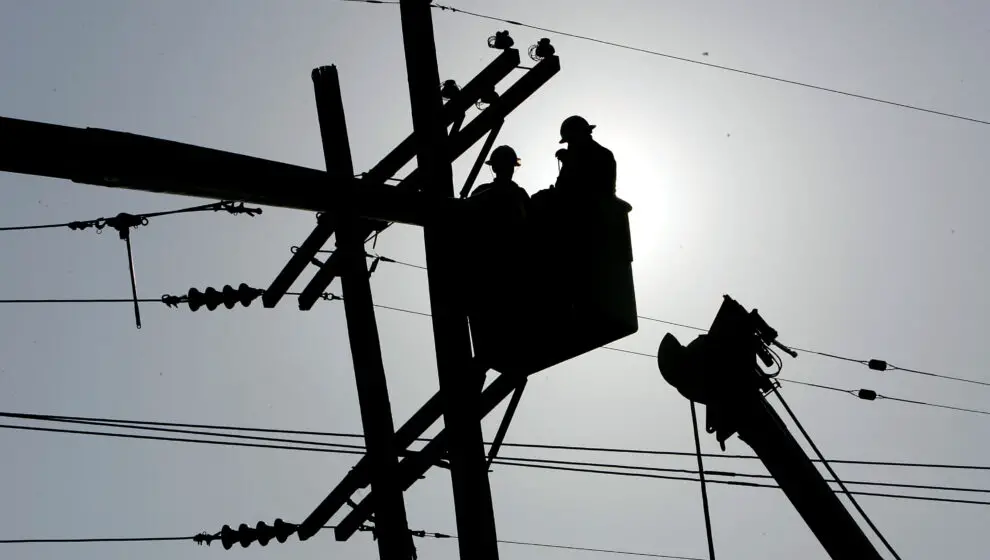The United States retirement system provides average security for citizens compared to other nations, according to a new global report. The Mercer CFA Institute Global Pension Index ranks the U.S. system 22nd out of 47 countries analyzed, giving it an overall grade of C+.
Key Details
- The U.S. retirement system relies heavily on Social Security and individual retirement accounts (IRAs), yielding mixed results.
- White-collar workers fare better in the U.S. than blue-collar and gig workers without access to employer plans.
- The U.S. ranked near the bottom, 41st out of 47, for the integrity of its retirement system. This covers regulation, governance, fraud protection, and more.
- All subcategory rankings for the U.S. system declined compared to prior years, indicating growing instability.
- The Netherlands claimed the top spot thanks to employers, individuals, and government contributions to its retirement system.
Why It’s Important
The middle-of-the-pack ranking for the U.S. retirement system reveals a pressing need for reform if it is to provide adequate security. With Social Security facing solvency issues and fewer employers offering pensions, the burden falls on individuals to save enough in 401(k)s or IRAs. However, millions of Americans work jobs that do not provide access to retirement accounts.
The U.S. retirement ecosystem is especially unreliable for low-income workers in manual labor or the gig economy. They lack both Social Security benefits and employer-sponsored plans to generate retirement income. This demonstrates the need to expand access to tax-advantaged retirement savings accounts.
Additionally, the poor score for the U.S. indicates a need for more confidence in the system. Blue-collar Americans want assurance that pension providers will deliver on promised retirement benefits. Strengthening regulations around private retirement plans could provide that.
The mediocre ranking proves the U.S. retirement system leaves many citizens financially insecure later in life. With declining scores across the board, experts emphasize the importance of shoring up Social Security and expanding access to retirement savings vehicles. This will provide stability as more baby boomers exit the workforce in the coming decade.
